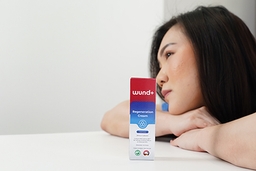Foods That Brighten Your Skin Naturally!

What you eat affects the health of your skin. Foods that are good for your skin maintain hydration, reduce wrinkles, and protect against sun damage.
A skincare routine, such as applying moisturizer and sunscreen daily, is essential for healthy skin. However, you should also pay attention to the contents of your plate. A healthy diet helps skin look radiant, from fighting free radicals to smoothing fine wrinkles.
Consume more fruits and vegetables, limit processed foods, and avoid excessive sugar or salt.
The best foods for the skin are those high in antioxidants, omega-3 fats, beta-carotene, and phytoestrogens. These nutrients make your skin look younger and healthier.
Here are some foods for naturally brighten your skin.
1. Fruits
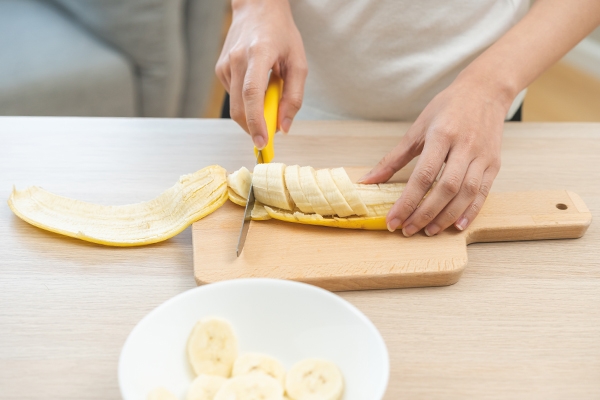
Fruits can improve skin health, but some have extra benefits. Examples include watermelon, kiwi, blueberries, raspberries, bananas, and avocados.
Watermelon is one of the best fruits because it’s rich in lycopene. Lycopene is a powerful antioxidant that helps protect your skin from sun damage. But, you still need sun protection, of course. Even if you use sunscreen or a hat, some UV radiation can still reach your skin.
Vitamin C is a vital antioxidant for your skin. Kiwi and berries are rich in vitamin C, which support collagen production and improve skin texture.
Meanwhile, bananas are rich in vitamin B3, more commonly known as niacinamide. Several studies have shown that vitamin B3 improves DNA repair, reduces inflammation caused by UV radiation, and can control oil levels and help lighten dark spots.
Grapes are a good source of phytoestrogens. Grapes contain resveratrol, an antioxidant that can treat skin aging and dark spots.
What about avocados? This fruit is a good source of vitamins B3, C, and E and helps the body absorb vitamins A, D, E, and K. Avocados also contain lutein and zeaxanthin, which can help improve skin tone.
2. Carrots

Carrots are a great source of the antioxidant beta-carotene, which the body converts to vitamin A. This vitamin prevents acne and reduces wrinkles.
Carrots also contain vitamin C, which helps the body produce collagen, a protein that supports the structure, elasticity, strength, and turnover of skin cells and also protects the skin from UV damage.
3. Almonds and edamame
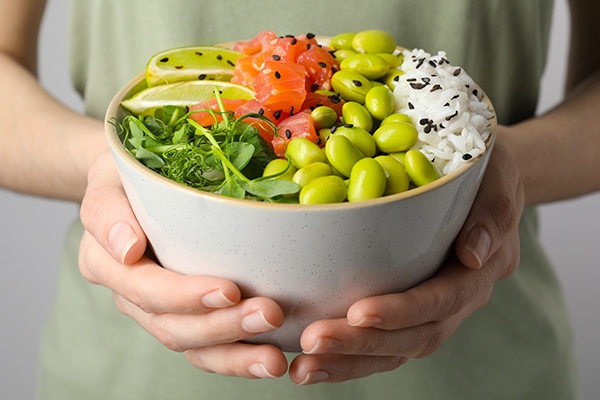
Nuts and seeds contain omega-3 fats, which can help reduce the risk of sun damage to the skin. Almonds are a good source of omega-3 fatty acids. Almonds are also rich in vitamin E, a powerful antioxidant.
Almond skins contain polyphenols, which act as a natural sunscreen.
Soy products, such as edamame, contain estrogen-like isoflavones that have antioxidant effects, helping to reduce wrinkles and improve skin elasticity.
Consuming soy or applying soy extract topically can reduce fine lines and improve skin hydration and elasticity. If edamame isn’t your thing, you can get similar benefits from eating tofu or soybeans.
4. Salmon
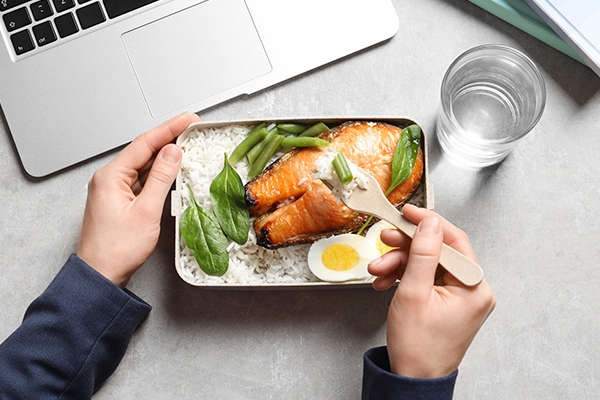
Salmon is high in astaxanthin, an antioxidant that helps maintain skin elasticity and hydration.
Salmon is rich in vitamin D, which supports the growth and repair of skin cells. Research indicates that vitamin D helps reduce the effects of aging on the skin.
Salmon and other fatty fish such as sardines and mackerel contain omega-3 fatty acids, which help prevent and protect skin against UV damage.
5. Green vegetables

Green vegetables like spinach, broccoli, and kale, are high in antioxidants and vitamins. which are essential for keeping skin healthy. Broccoli, for example, has lutein, a molecule that helps protect the skin from oxidative damage.
Broccoli also contains sulforaphane, a compound that helps prevent and treat cancer. Therefore, broccoli is not only beneficial for the skin but also for the overall body.
Green vegetables contain vitamin A, which helps fight dry and scaly skin, and vitamin E, which is effective in overcoming inflammation. On the other hand, vitamin C helps to reduce UV damage while increasing collagen and elastin production, which are necessary for preserving skin elasticity and firmness.
6. Water
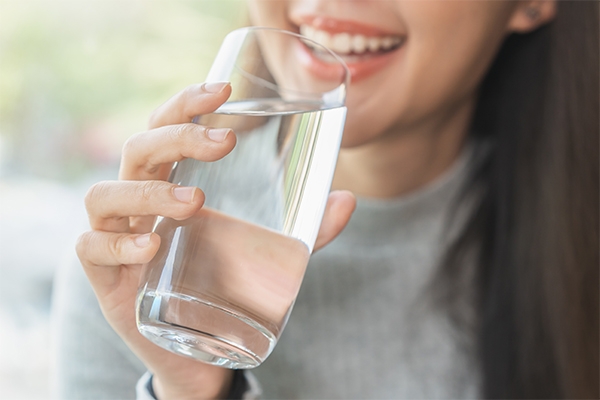
Drinking enough water is vital for skin health because water makes up 64% of skin cells. Hydration makes the skin look fresher and more radiant.
What else can you do to have healthy skin?
In addition to eating antioxidant-rich vegetables and fruits, there are other steps you may take to improve the health and beauty of your skin.
Sun protection should be the priority. Sunlight can lead to wrinkles, age spots, premature aging, and skin cancer. It is important to wear protective clothing and sunscreen daily and stay in the shade whenever possible.
If you need skin care, you can visit GWS Medika Blok M Medical Center, a beauty clinic in Jakarta Selatan. Our medical team is ready to assist you with various facial skin care procedures based on your needs.


